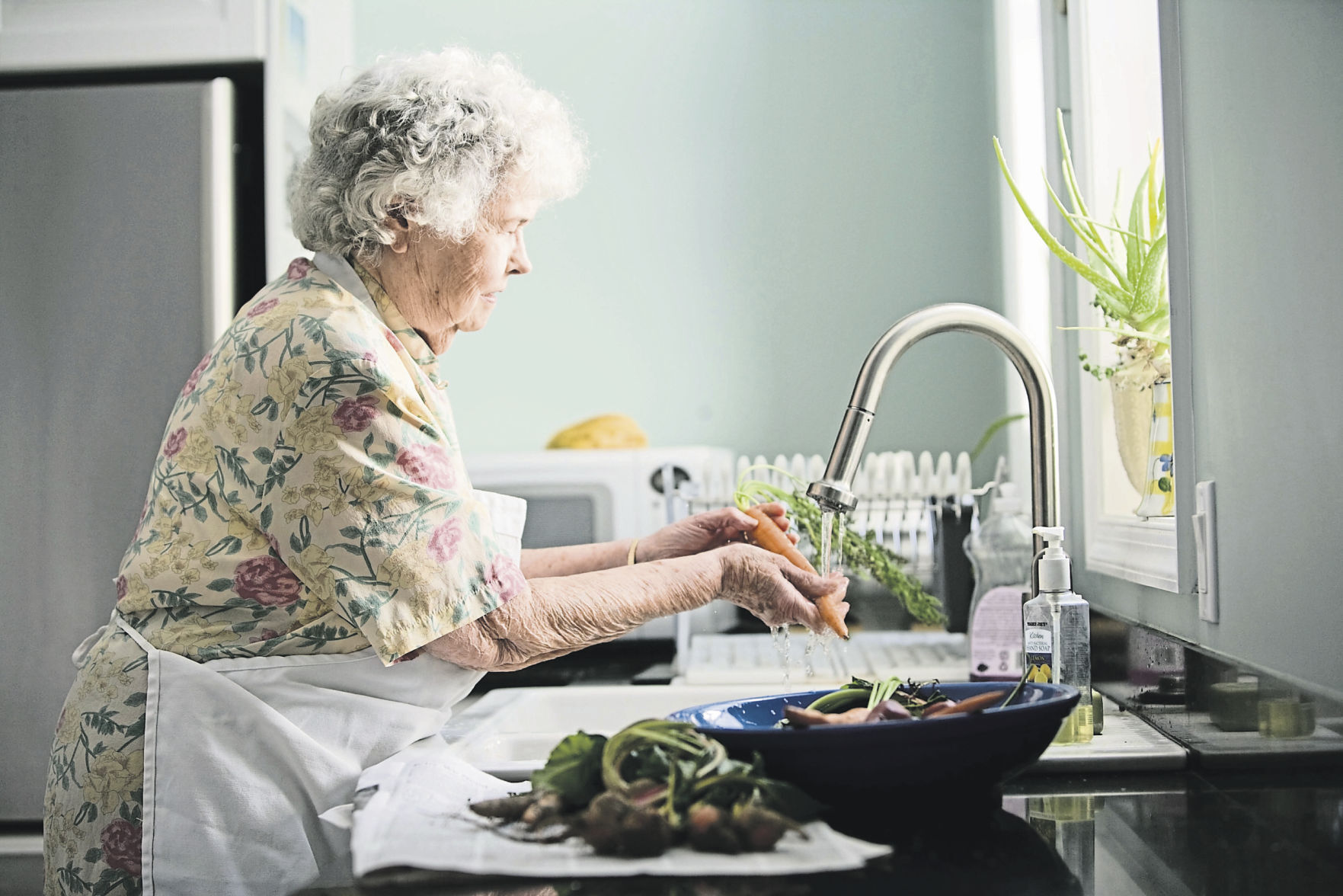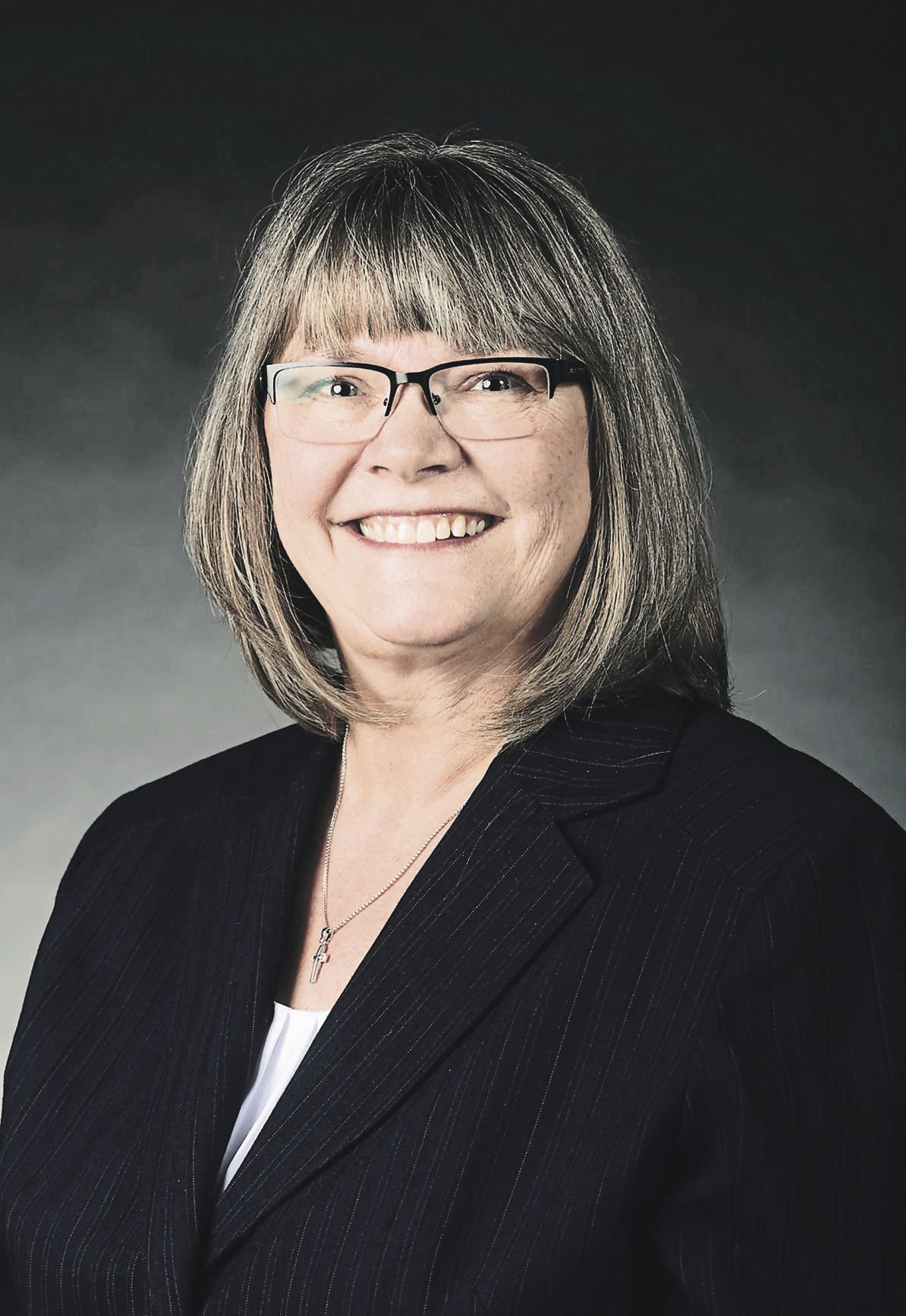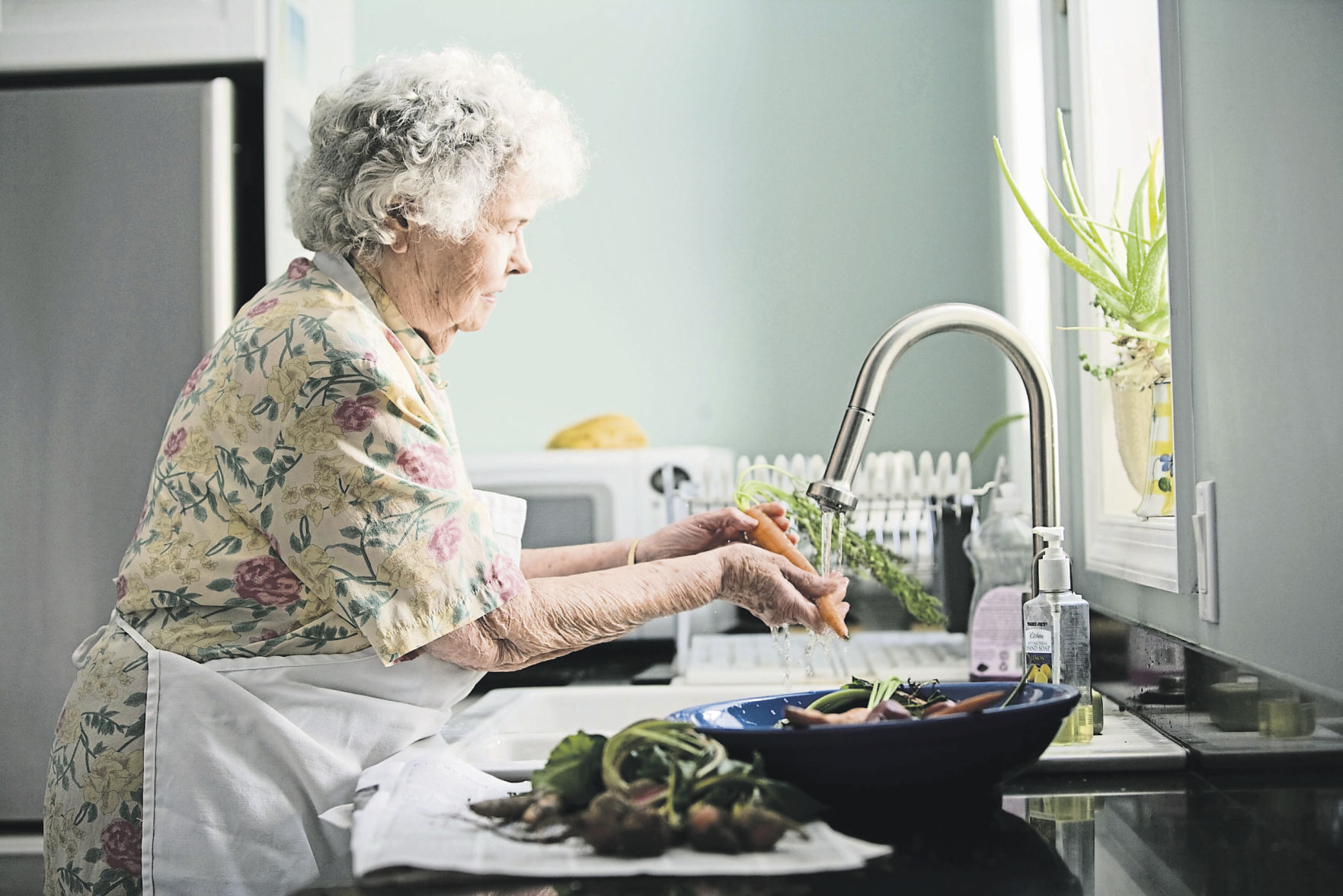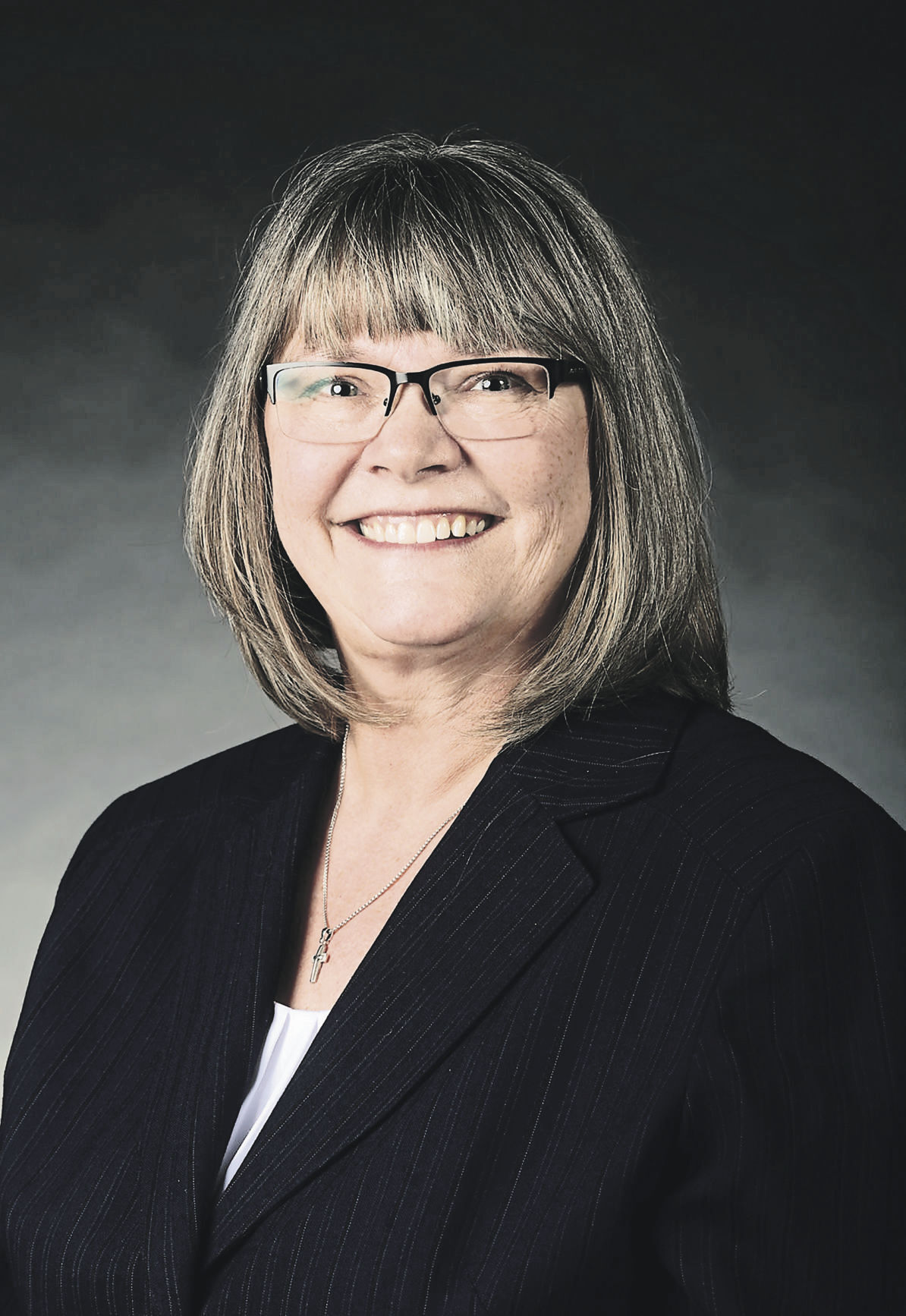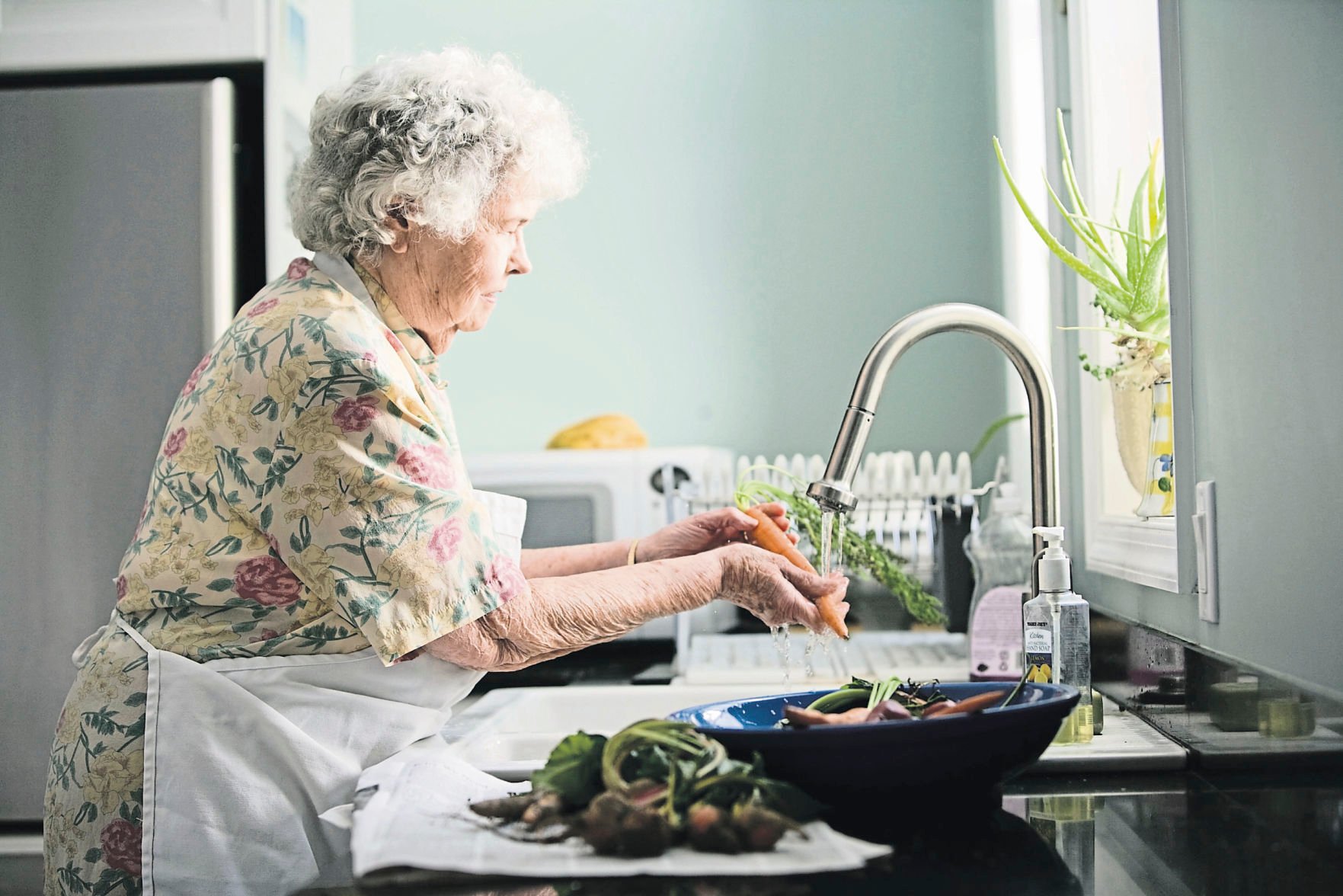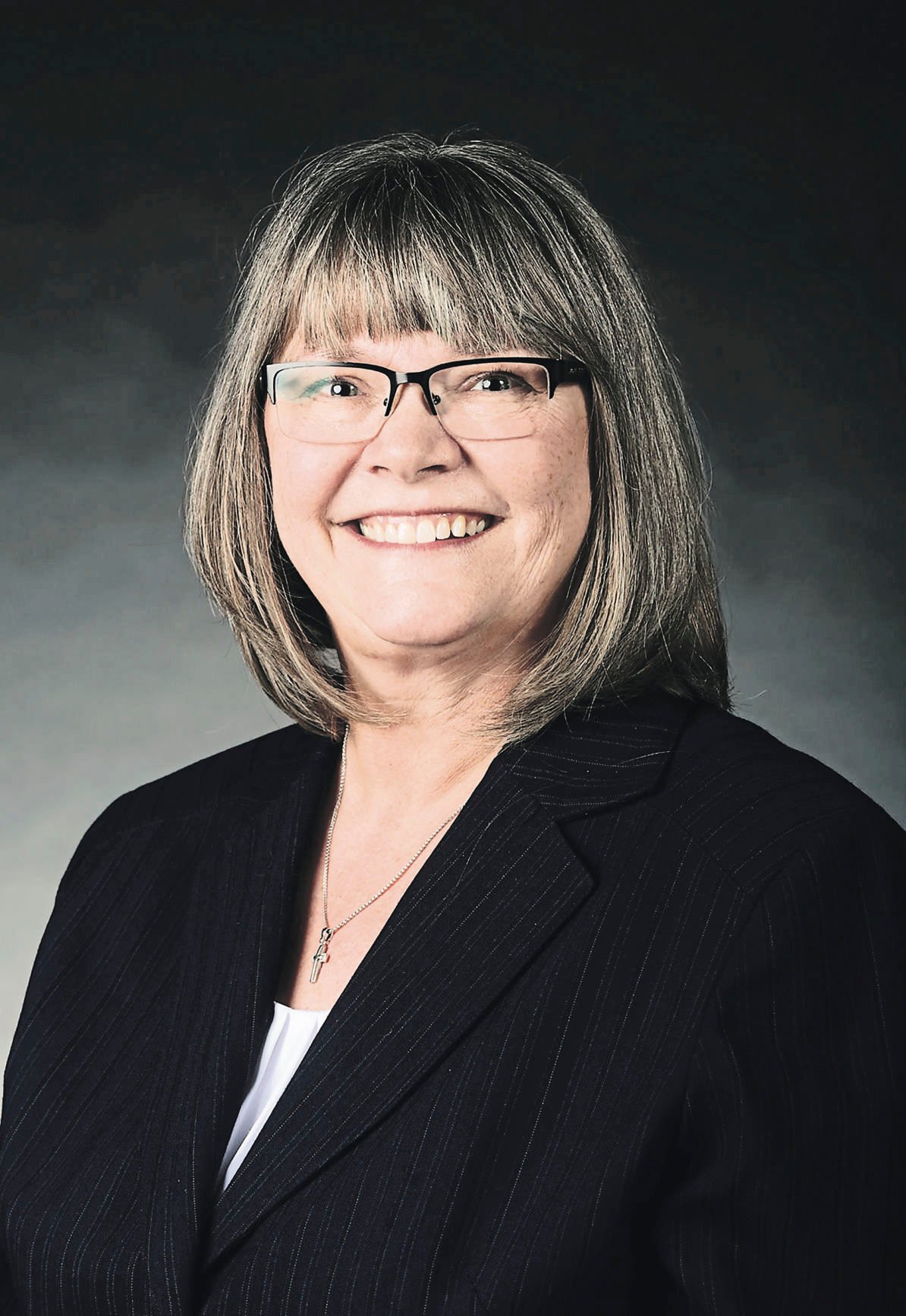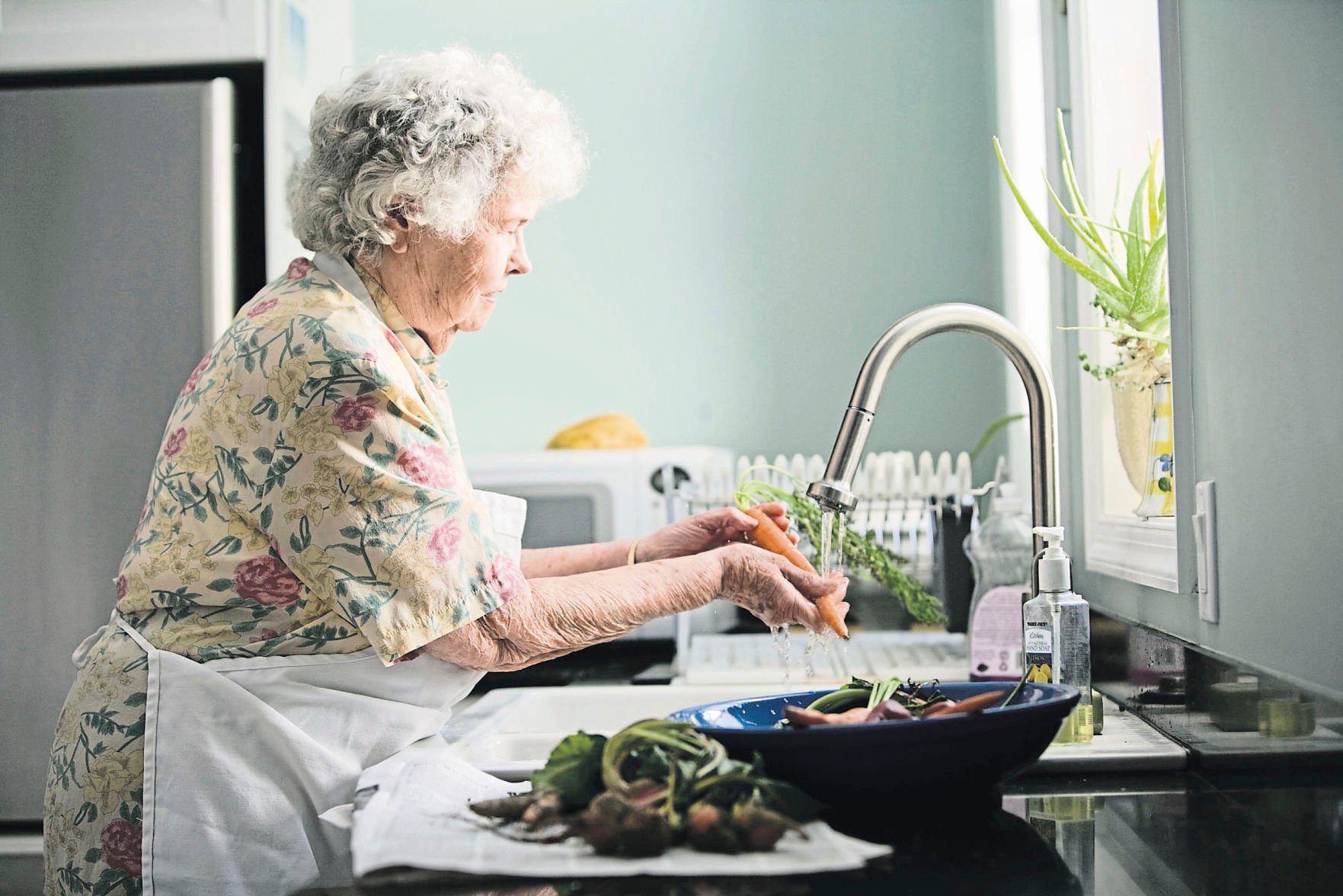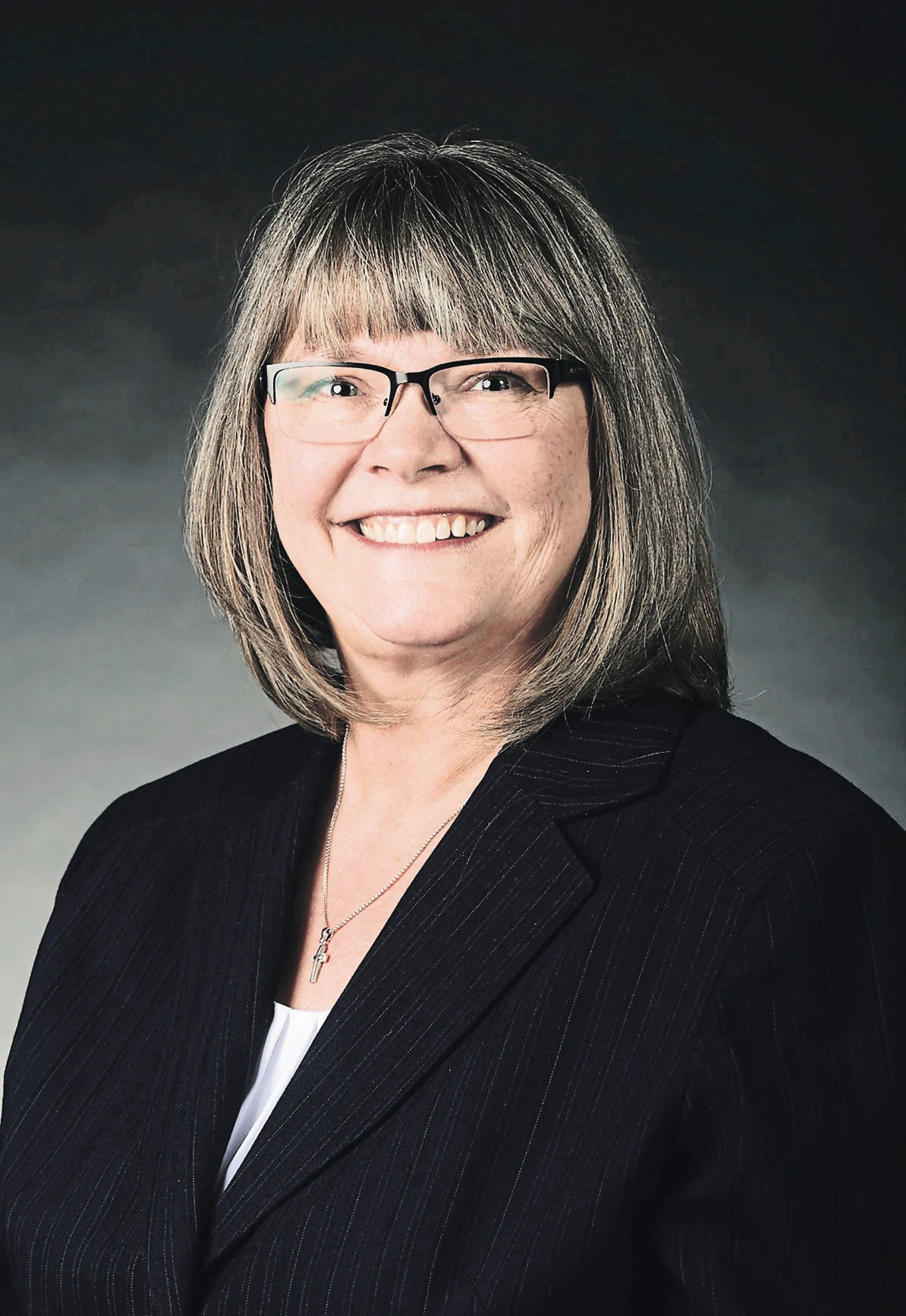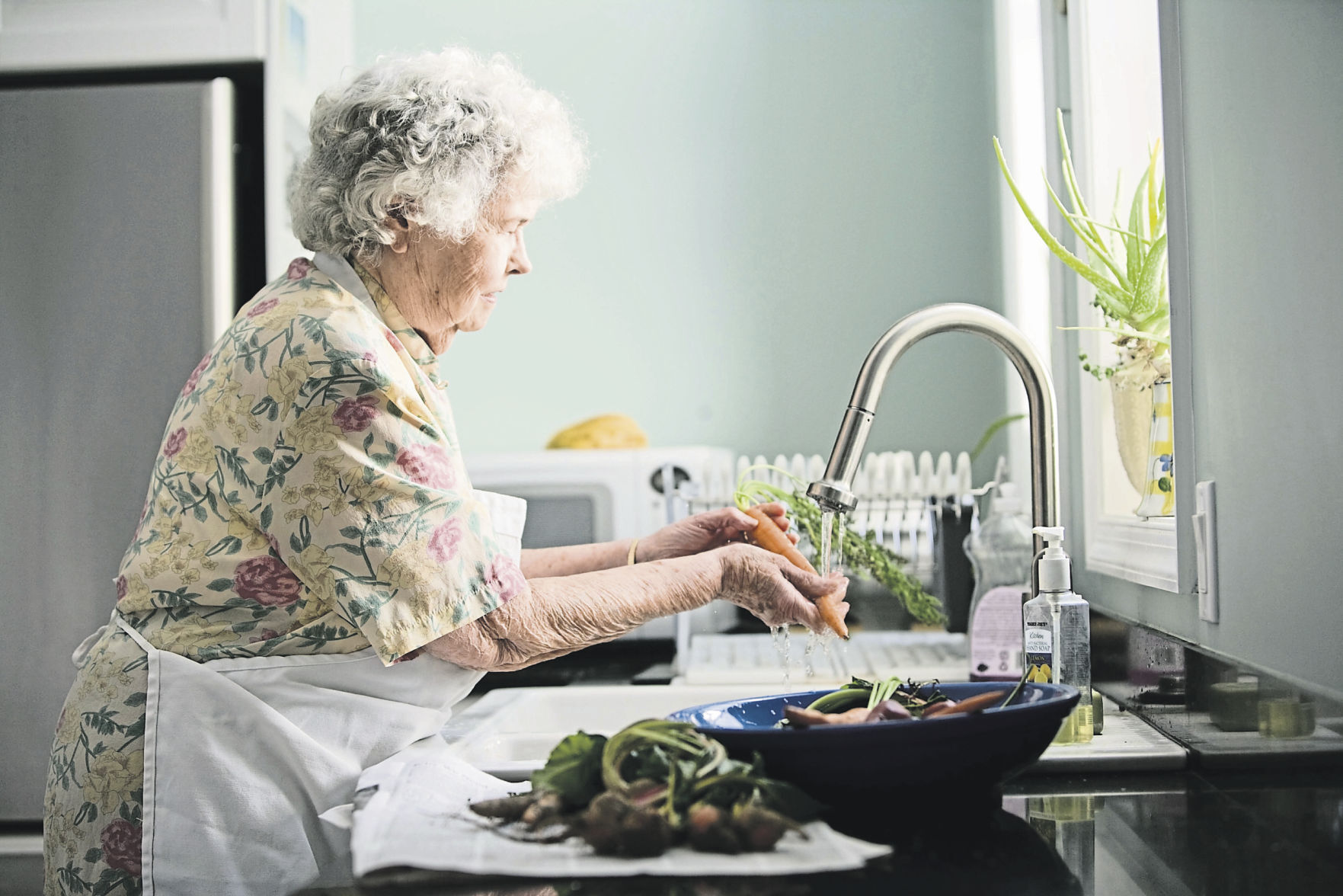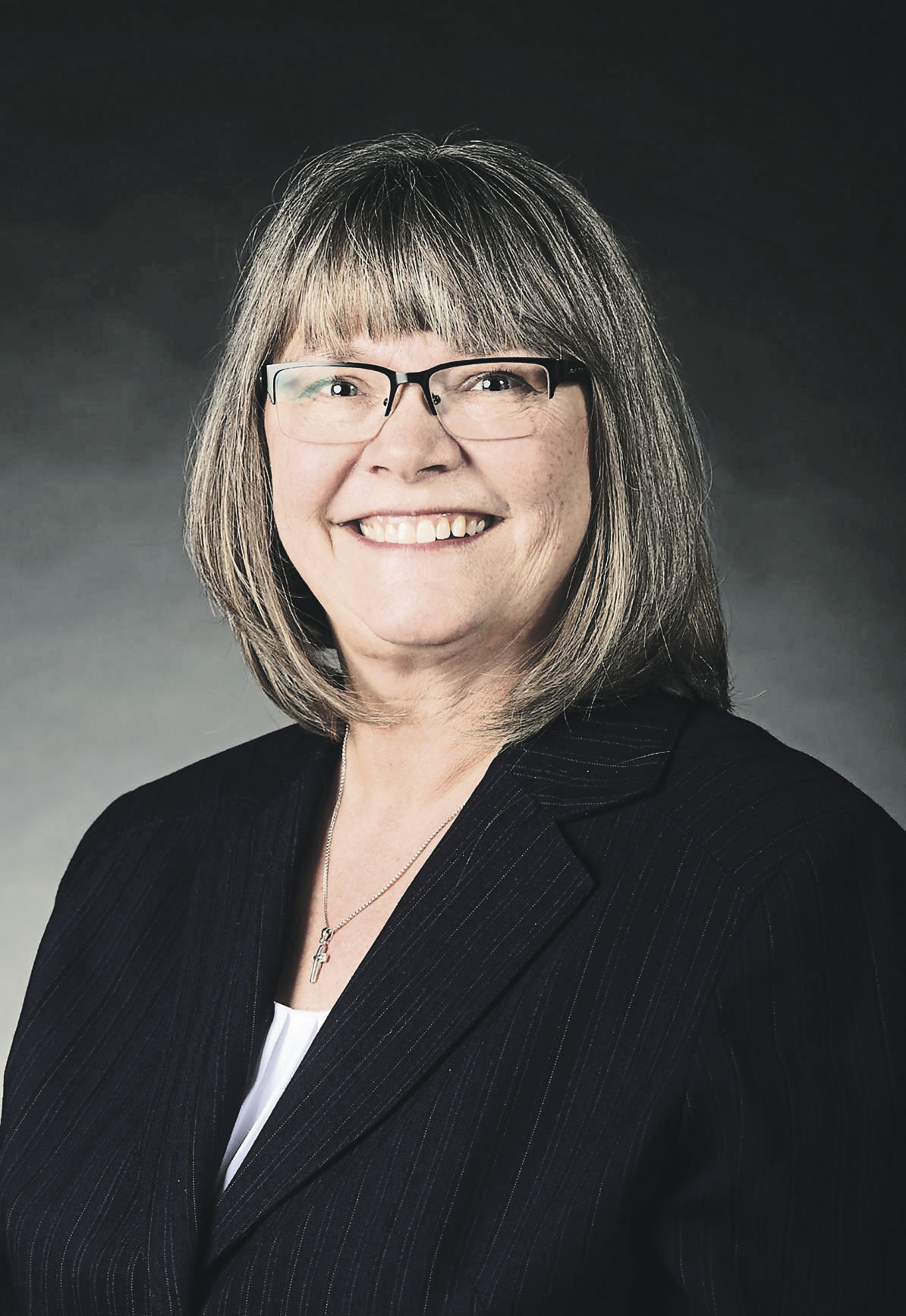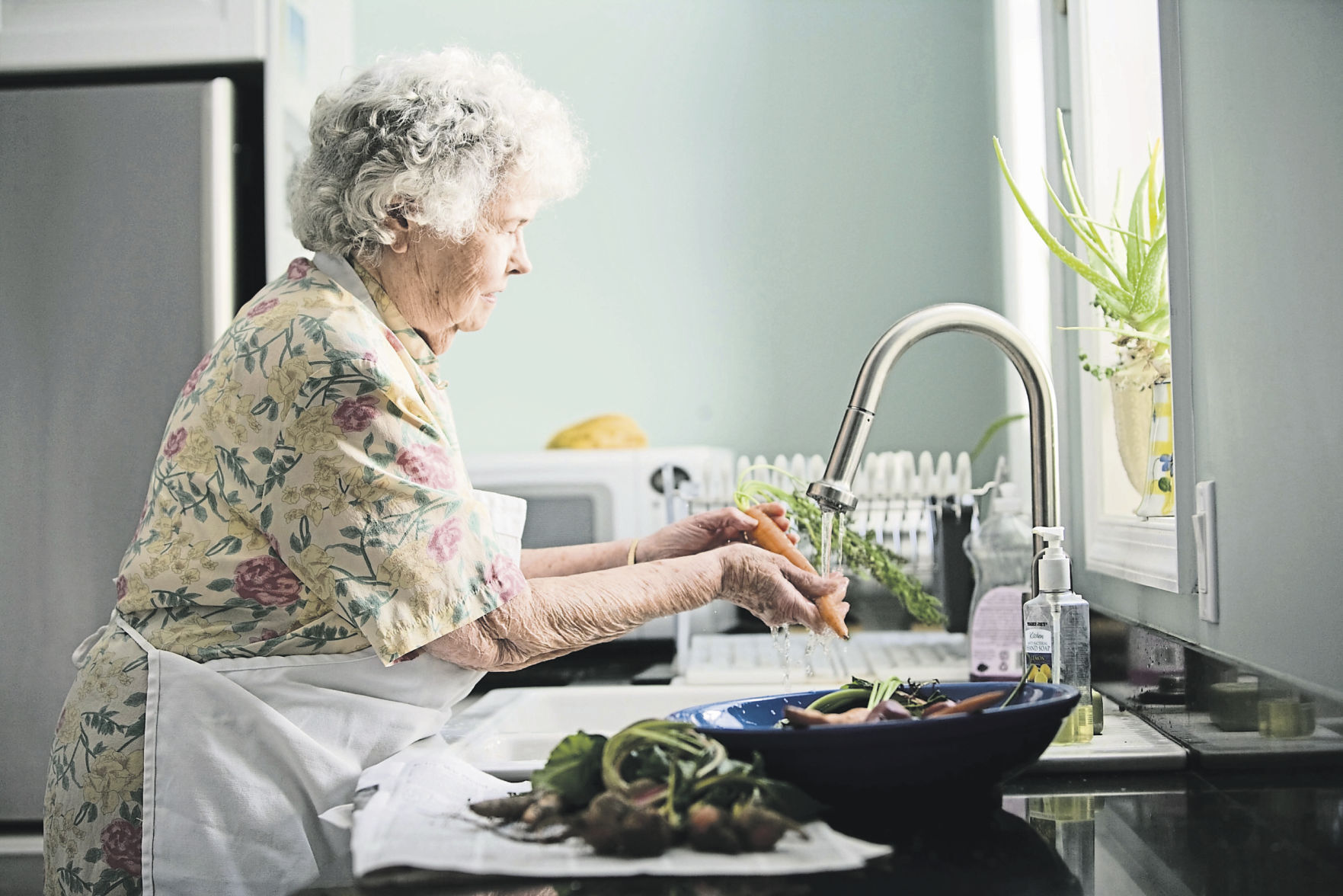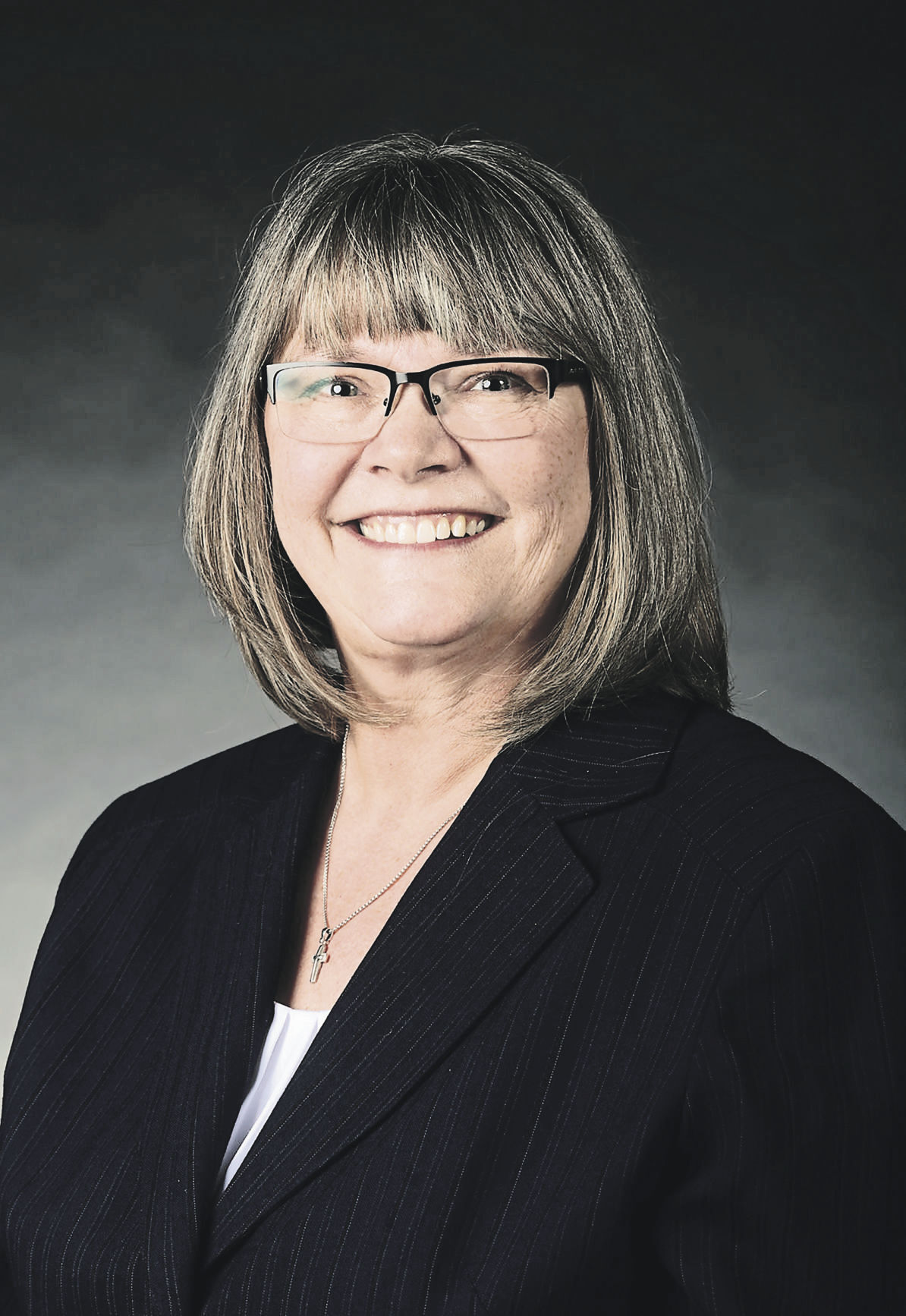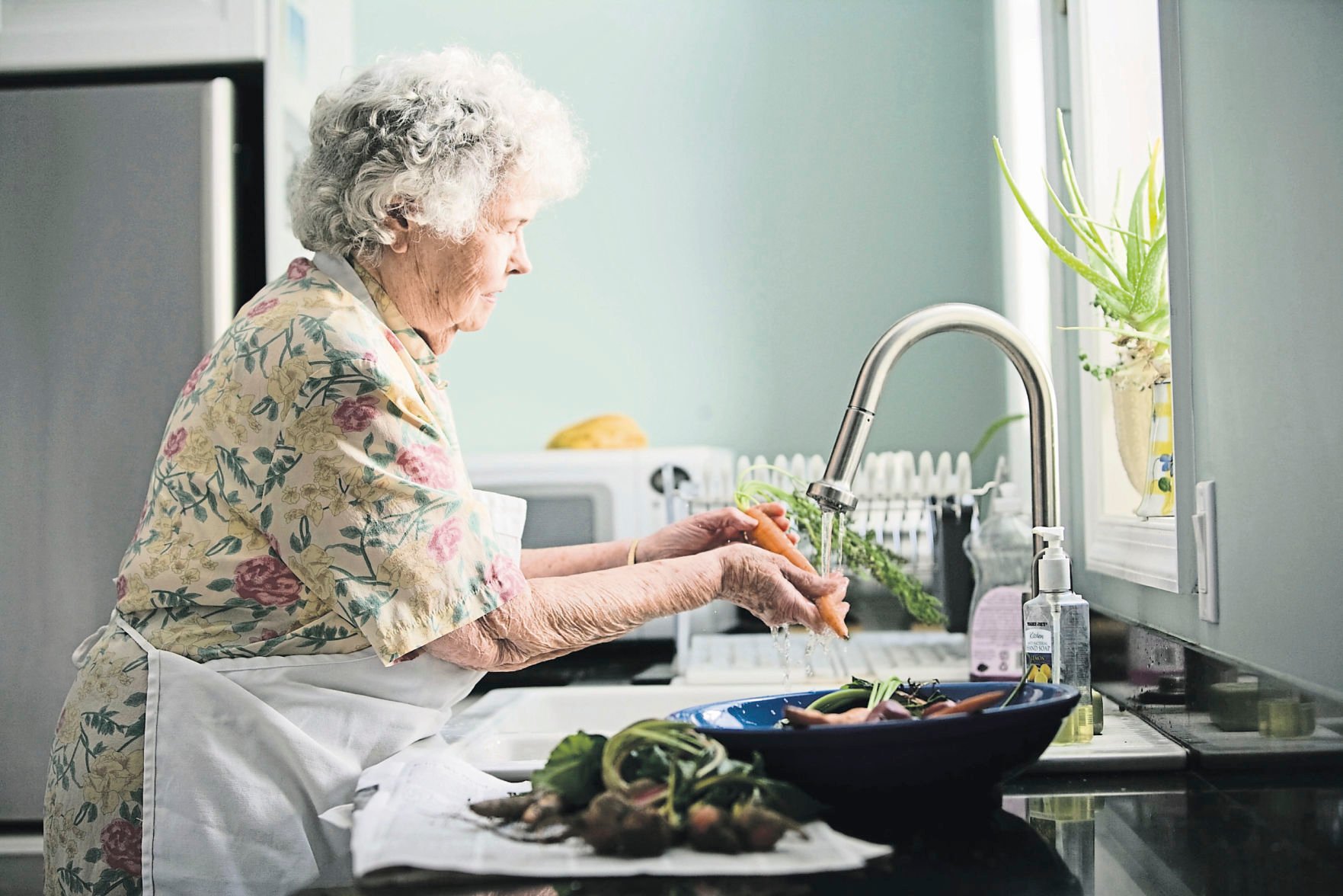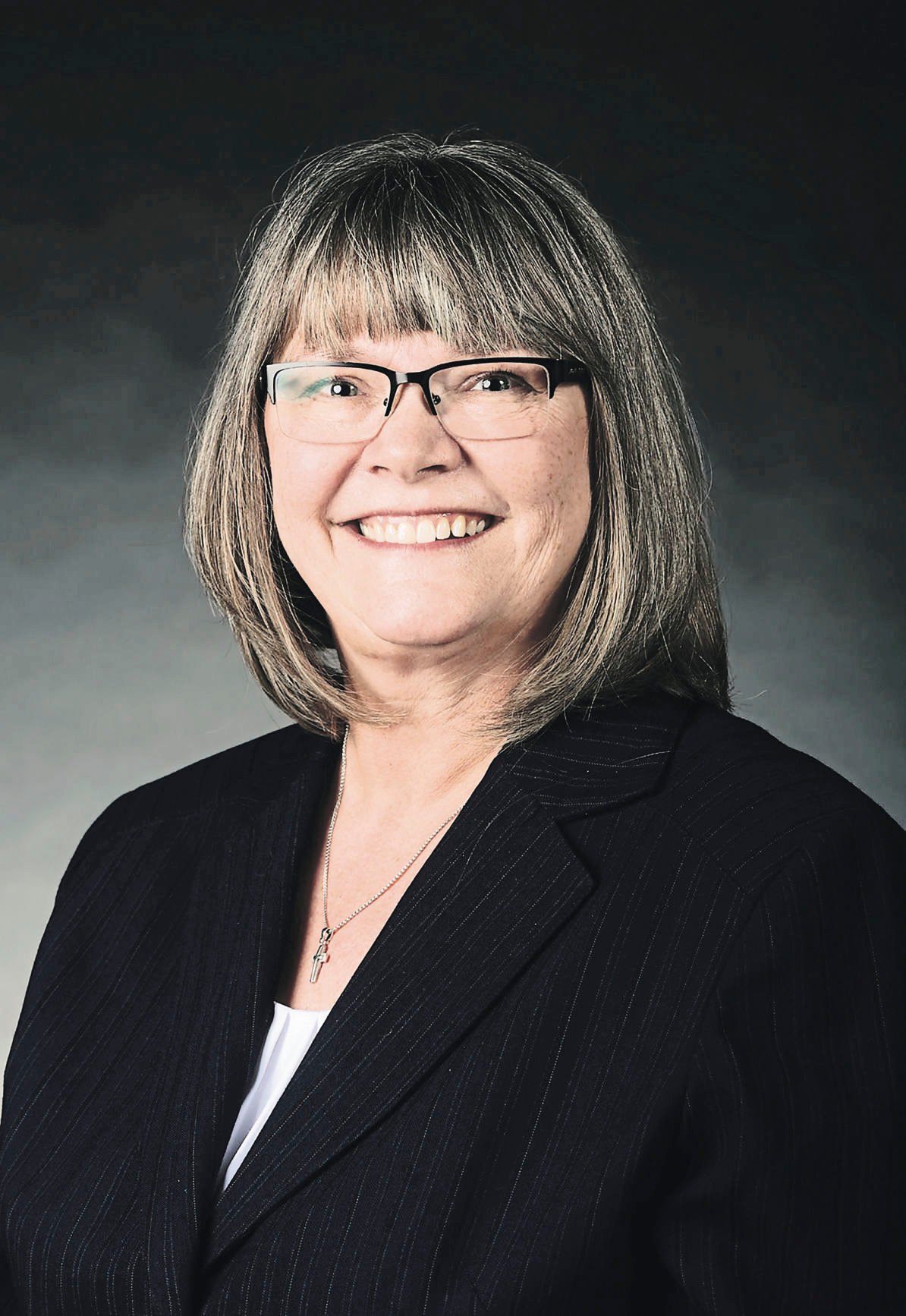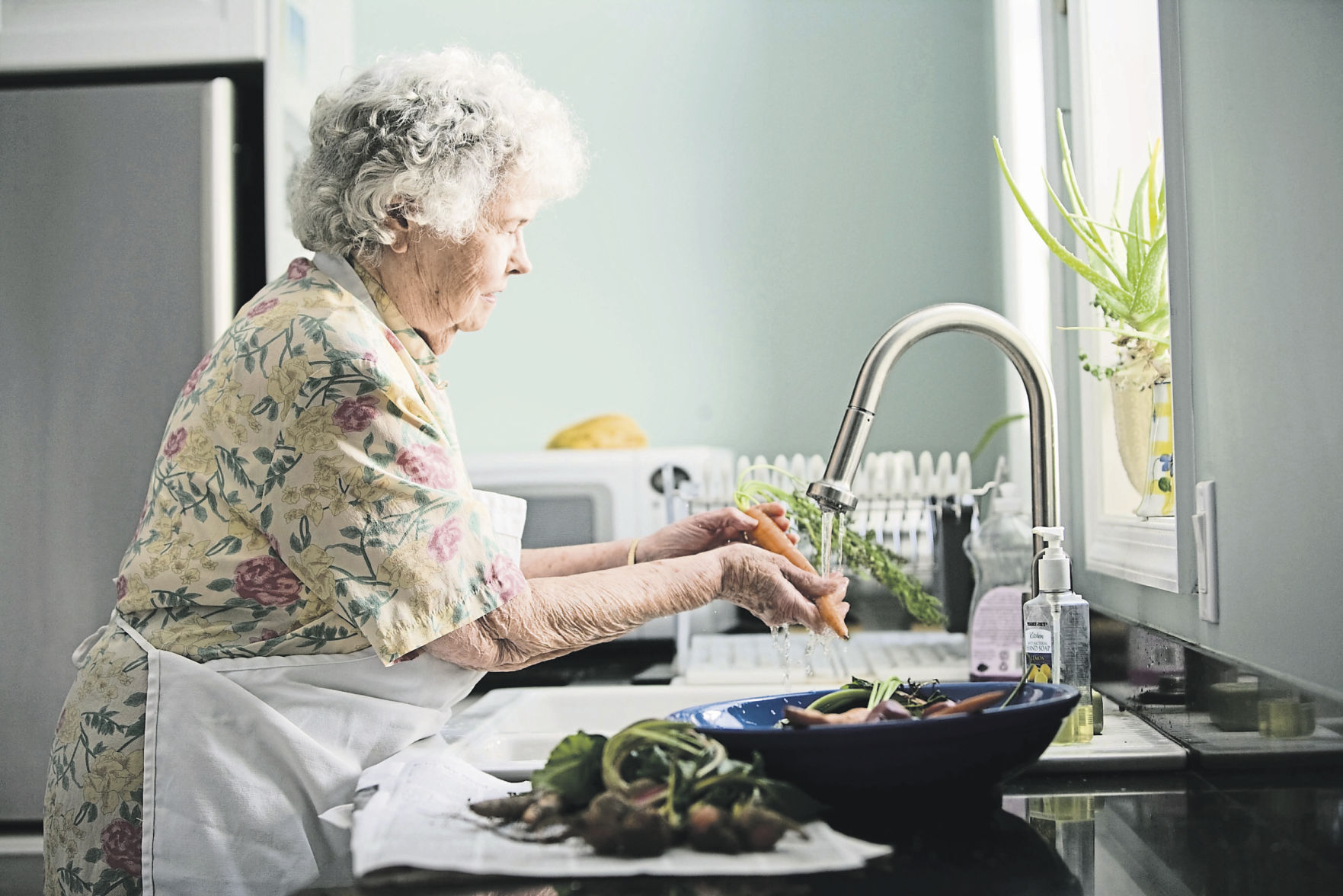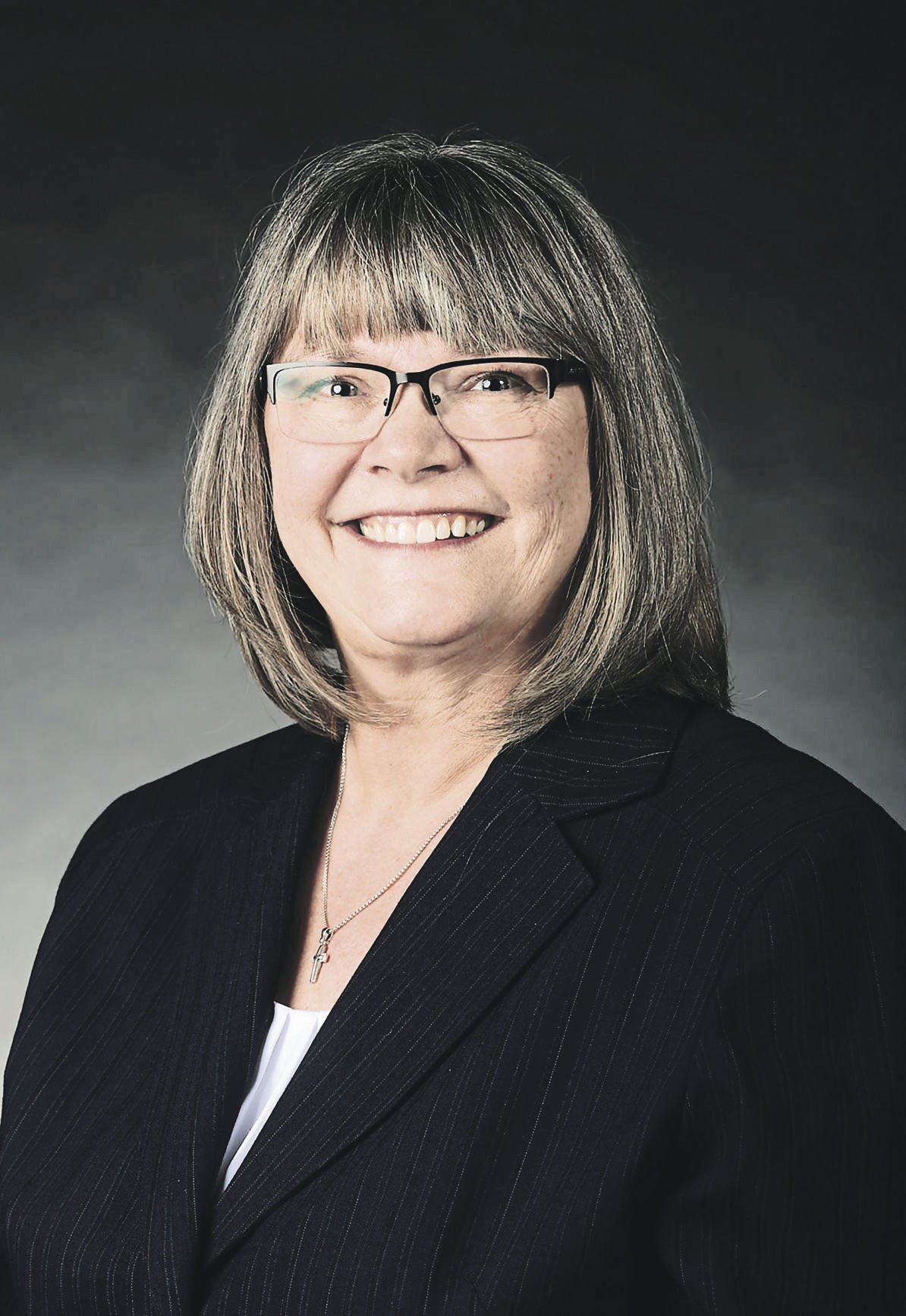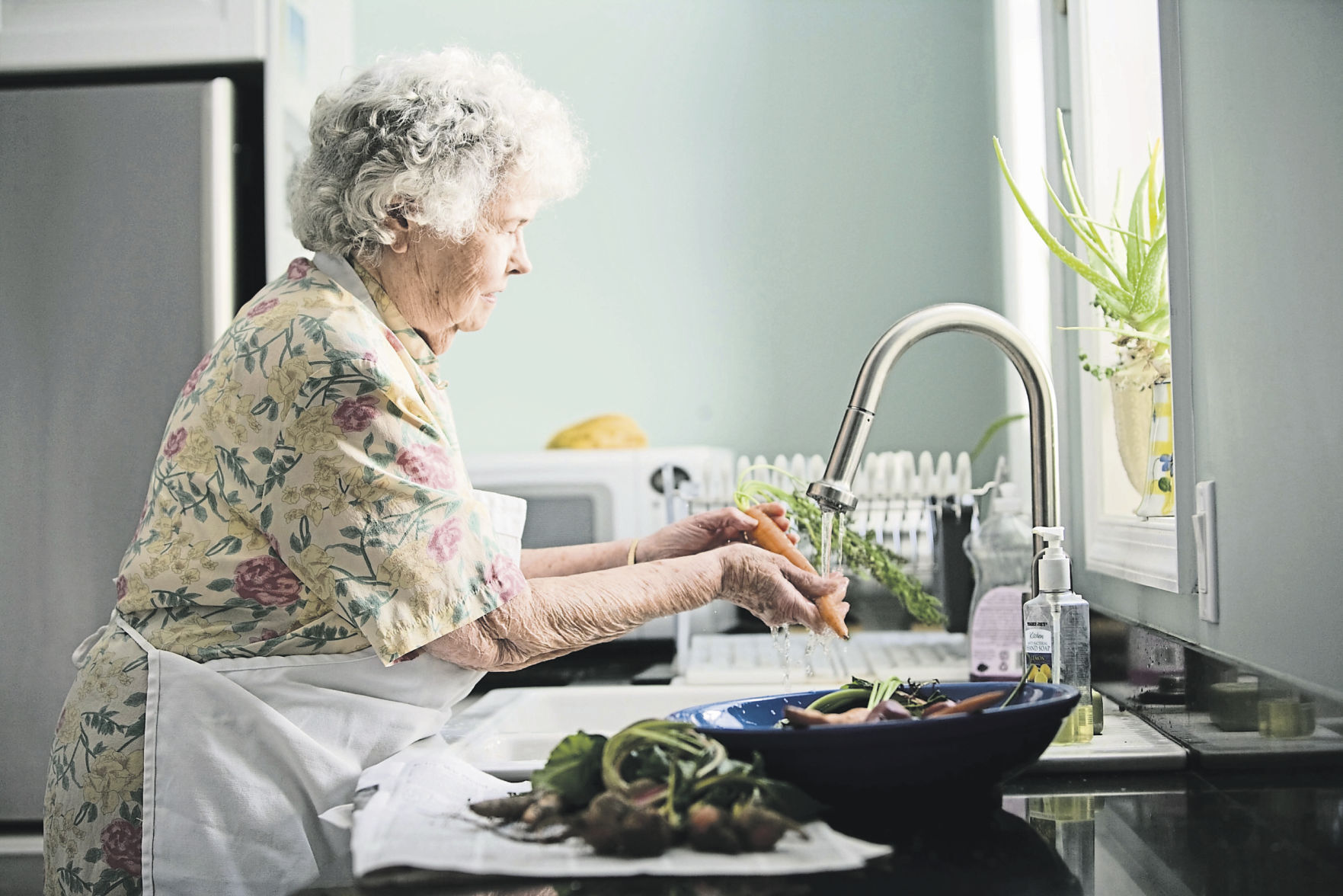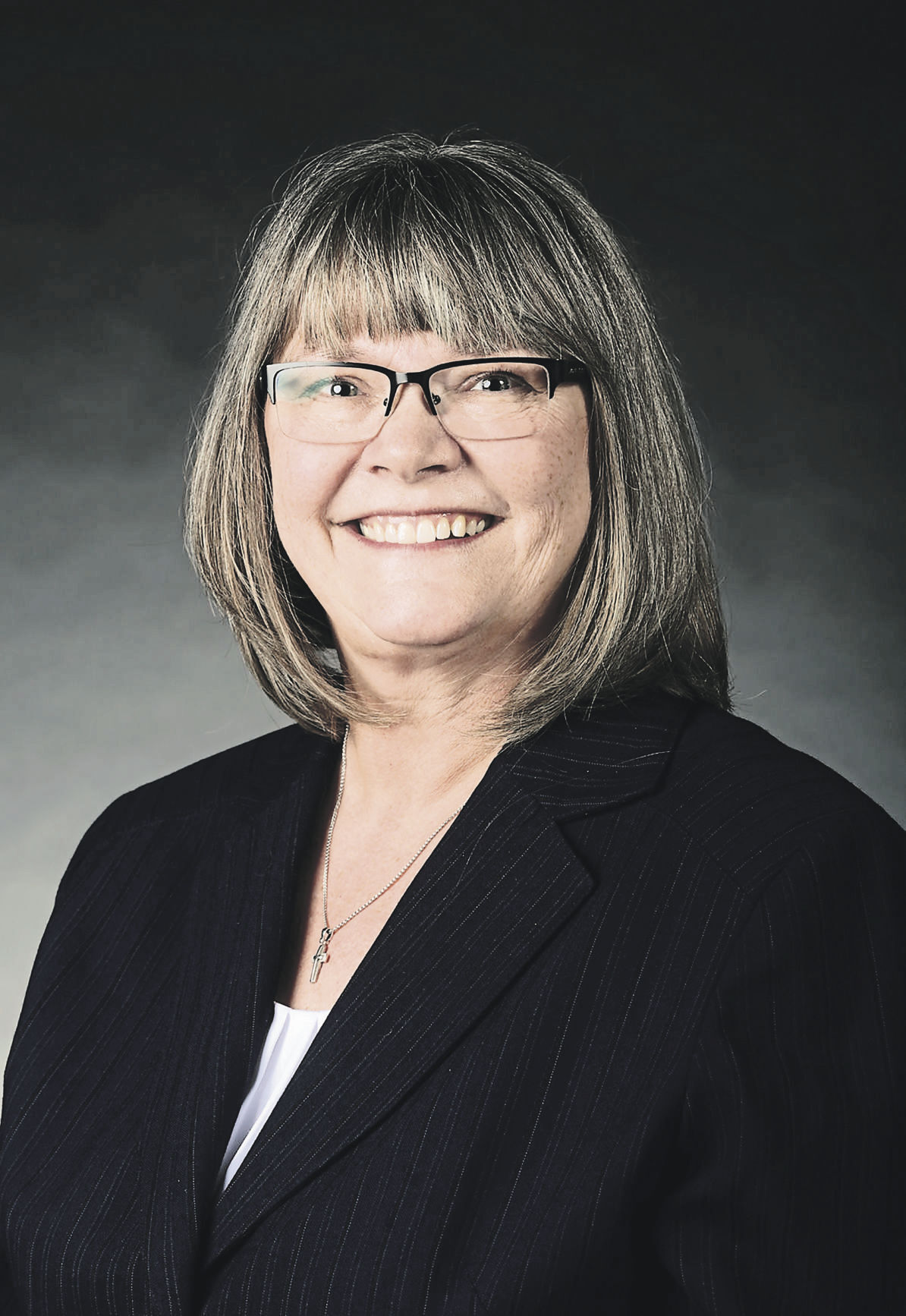As this month’s magazine theme is about parenting, I realize that many of us are watching our parents get older. It is one of our greatest honors to care for those that cared for us.
One goal almost is universal: We wish to keep our parents in their homes for as long as possible. This is important to everyone, as home is not only a place but also a feeling of safety, comfort and peace.
Many adult children might have all-or-nothing beliefs. They might believe that their parents can either live fully independently at home or need to find placement in a retirement community. The truth is that there is an opportunity in the middle of that scenario that can extend living at home considerably.
It has been my experience that whether or not aging in place is possible is about an openness to making changes and modifications. Some parents are willing to make those changes to make life easier, and some are more attached to doing the things they always have done.
If your parents are willing to change a few processes, the chance of them aging in place is considerably greater. The level of safety, comfort and well-being rise as well.
It sounds easy enough, right? Well, if you are the family in which your parents are open to change and modifications, you are on your way to success. If, however, you are the family in which your parents are not necessarily open to change, it can be more challenging.
Adult children from these families tell me that their parents are stubborn or in denial. I try to share with them that it is more sophisticated than that.
If your parents are reluctant to ask for assistance from others, you must support rather than take the lead. Many parents tell me that their children come into their home “large and in charge” and are perceived as overbearing. All this approach will do is create more resistance and potentially degrade relationships. Try offering a helping hand while they accomplish what they can. In other words, focus on what they can do. Let them do it and pick up the rest.
All you need to do is look at it from their perspective. The truth is that acknowledging the need for assistance with a daily routine can be extremely difficult for most parents.
One study published in the journal Research on Aging found that older parents struggle to balance their desire for autonomy with their desire to maintain close relationships with their adult children. Our parents are aware of the effects that asking for help can have on their family dynamics.
This study also found that older parents use a variety of strategies, such as minimizing the help they receive, ignoring or resisting children’s attempts to control, withholding information from children to maintain clear boundaries and seeking others as confidants. This is why my best advice is to provide assistance in a respectful and understanding manner from the beginning.
What should your approach be?
Above all else, remember that your parents’ dignity is the most important. Be aware of your actions, your words, your tone and how these things affect your elderly parents. Self-awareness is crucial for keeping even your best intentions in check. Your approach should be far more delicate that the average adult son or daughter realizes.
Let your parents lead and you follow in a supportive way
If possible, do tasks alongside your parents instead of for them. While this approach might take longer than if you just did things yourself, you allow your parents to retain some of their independence by letting them take the lead. This can have beneficial effects on your parents’ self-esteem and keep their functional abilities sharp. Your goal should be to extend their independence, not encourage their dependence on you.
Work together toward the same goal
Let your parents come to you. When they tell you what aspects of a particular activity they need your help with, try to limit your assistance to just those things, at least for now.
Most parents have a hard time asking for assistance directly. Make sure you listen carefully when parents share feelings and experiences with you. If anxieties or frustrations are conveyed surrounding a particular task, ask if you can help.
Be respectful
Remember that your parents deserve your respect and dignity. While many characterize caring for an aging parent as a “role reversal,” it’s important to understand that seniors are not children who need “parenting.”
Aging is extremely tough, and parents usually don’t mean to be difficult on purpose. Work together to make it work in a way that focuses on your parent’s dignity, safety and well being.
Laura Nissen is an Alzheimer’s Association volunteer who advocates for those with memory disorders. She works with families to help them learn the skills of caregiving. She also serves as a community educator, caregiver support group leader and Memory Café leader for the Alzheimer’s Association.

